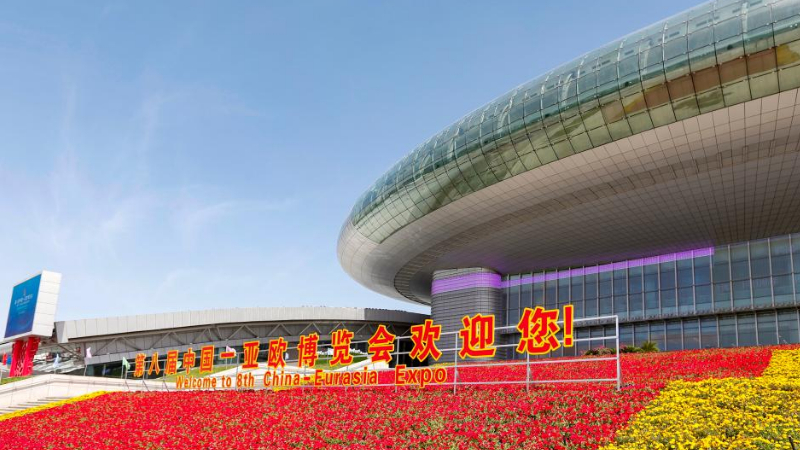The 2024 Summer Davos has brought to the fore the importance of understanding China's economic realities beyond the anti-China rhetoric from Washington.
BEIJING, June 27 (Xinhua) -- As an important window for the rest of the world to understand China, the 2024 Summer Davos once again brings the vitality and resilience of Chinese economy into the spotlight.
As the world grapples with economic uncertainties and geopolitical shifts, the gathering not only brings cooperation opportunities but also offers insights into China's future economic trajectory.
China's robust economic performance has been a key topic for discussion, not least in light of the "China collapse" narrative emanating from Washington.
This bad-mouthing notwithstanding, China has been demonstrating strong economic growth, effective policy measures, and resilience in the face of global economic challenges.
China's ability to maintain steady economic growth against headwinds has been noteworthy. Data from the National Bureau of Statistics showed that China's GDP grew 5.3 percent year on year in the first quarter of 2024.
China's proactive fiscal policies, coupled with prudent monetary measures, have helped stabilize the economy and stimulate investment. The resilience of the Chinese economy is further evidenced in its robust export performance and the rapid recovery of key industries post-pandemic.
Thanks to China's commitment to a high-quality opening-up policy and the deepening of its reforms, a more balanced and sustainable economic structure is taking shape.
This structure, focusing on boosting domestic consumption, advancing technological prowess, and enhancing industrial capabilities, is set to steer the Chinese economy out of global economic turbulence.
This year's forum has also brought together global leaders, industry experts, and influential thinkers to discuss pressing economic challenges and explore innovative solutions. The emphasis on green development and technological innovation highlights China's commitment to sustainable growth and its leadership in the global transition towards a low-carbon economy.
China is now home to more than 400,000 high-tech enterprises and over 100,000 specialized and sophisticated small and medium-sized enterprises, which produce new and unique products.
At this year's forum, many participants express their strong interest in cooperation with China's hi-tech sector, demonstrating global recognition of China's innovation capabilities.
They also have high expectations for China's role in contributing to a more just global economic and technological order. Tanvi Ratna, founder and CEO of the Indian research organization Policy 4.0, told Xinhua that as China becomes more active in artificial intelligence (AI) governance, it will help make AI more equitable.
This year's Summer Davos meeting comes at a critical juncture as the world is still grappling with the growth predicament and the persistent threat of protectionism.
As global economic challenges persist, it only fractures economic interdependencies between regions and aggravates tensions and conflict to pursue narrow self-interests at the expense of others, or resort to regressive measures like decoupling, disrupt supply chains, and erect isolationist barriers.
Such moves risk plunging the world into a destructive cycle where heightened competition for a larger share leads to a diminishing economic pie for all.
Over the past years, China's role in global economic governance has become increasingly prominent. As the world's second-largest economy, China's commitment to win-win cooperation is facilitating sustainable economic growth worldwide.
With development initiatives like the Belt and Road Initiative and multilateral platforms such as the Summer Davos, China is firmly committed to strengthening international economic cooperation, building infrastructure, and promoting technological advancement on a global scale.
The 2024 Summer Davos has brought to the fore the importance of understanding China's economic realities beyond the anti-China rhetoric from Washington. As China continues to develop, it will bring vast opportunities for cooperation, investment and common growth to the rest of the world.■











